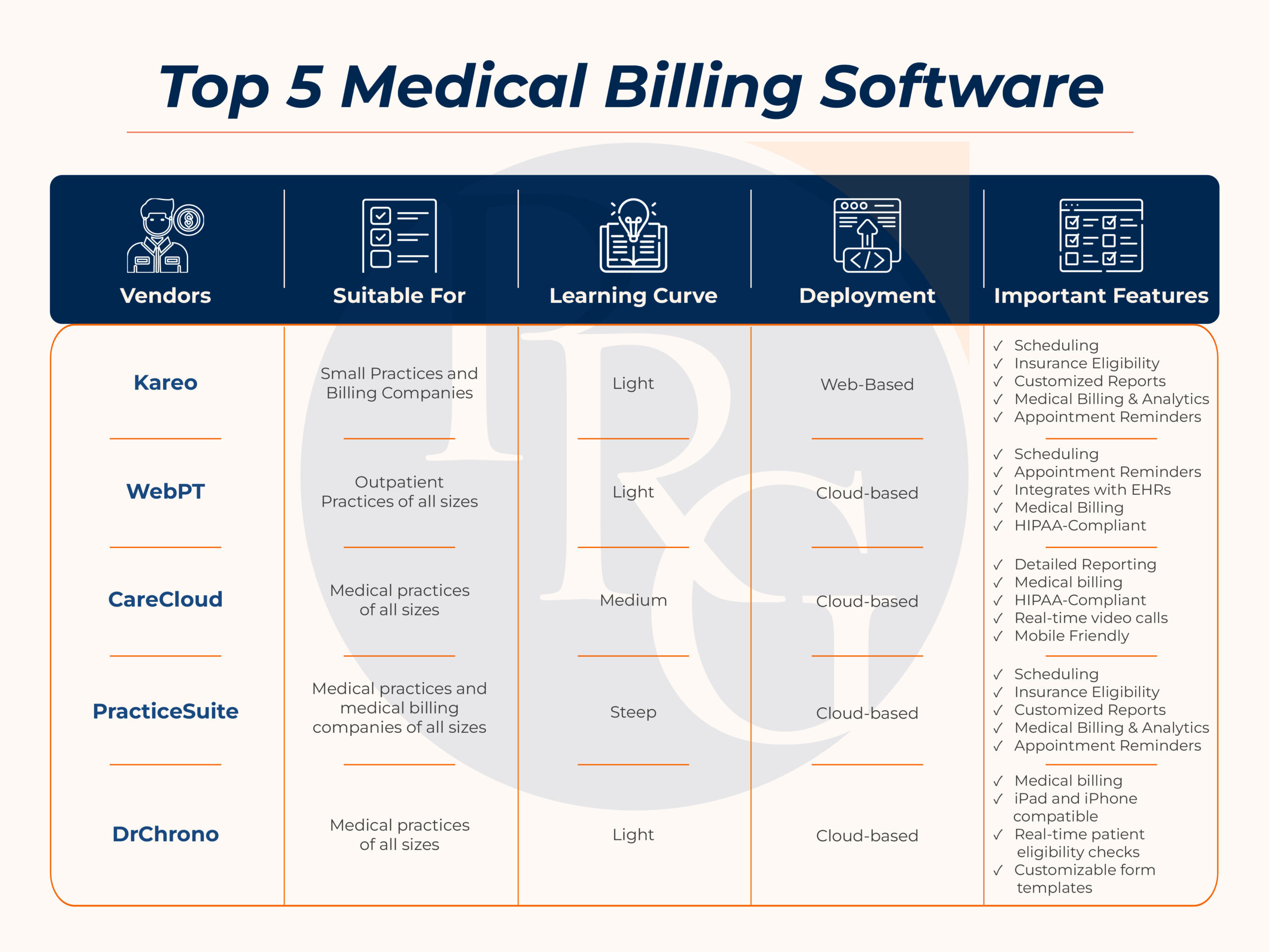
Email: info@prgmd.com | Call: +1 (630) 242-6474
Business hours: 9:00 to 5:00 | Monday to Friday
Email: info@prgmd.com | Call: +1 (630) 242-6474
Business hours: 9:00 to 5:00 | Monday to Friday

Table of Contents
ToggleMulti-specialty practices come with many complexities and complications – especially regarding billing.
With the ever-changing medical codes and regulations, losing oneself in the process is relatively easy. With a thoughtful eye to handling your billing details, it is possible to get proper reimbursements. Furthermore, medical billing services for multi-specialty practices differ significantly from single-specialty practice billing.
When it comes to multiple-specialty practices, a patient might need to see an internist in the morning and a cardiologist later that same day. Both providers offer the patient E&M (Evaluation and Management) services.
How can you ensure that both of these providers get paid?
This is where multi medical billing specialties can benefit from outsourcing billing processes and reap the benefits of third-party billing services. Our team at Physicians Revenue Group. Inc. is proficient in all multi-specialty billing scenarios.
The complexity of healthcare billing services morphs into a new dimension regarding multiple-specialty practices. With varying services, multi-specialty practices face unique and somewhat complex hurdles in billing processes.
Let’s explore these challenges:
The range of billing and coding for multi-specialty practices expands significantly. Every medical specialty has unique billing and CPT (Current Procedural Terminology) codes. For instance, an orthopedic surgeon’s code will undoubtedly differ from a cardiologist’s.
Thus, properly tracking the diverse codes and then using them accurately becomes challenging.
Considering the sheer size of the billing and the complexity associated with the varying codes and payer rules, Multi-specialty practices face an increasing risk of errors. Even more minor mistakes in entering medical codes or insurance details can result in underpayments or claim denials. Furthermore, both of these situations can disrupt your practice revenue.
Each medical specialty can be subject to different and subjective state and federal regulations. Moreover, it becomes more challenging with medical documentation. Further, ensuring compliance standards with diverse regulations spanning multi-specialty practices does add another layer of billing complexities.
While medical billing for multiple specialties can present a labyrinth of new challenges – these are effectively navigable through the following:
Dedicated medical billing software can handle all the complexities of multi-specialty practices and their billing processes, further minimizing manual errors. The medical billing software stays up-to-date with the latest billing and coding advancements, ensuring accuracy and compliance.
Below is a complete rundown of the top 5 medical billing software:

Multi-specialty medical billing can be an imposing task. Furthermore, navigating the complexities of the varying billing codes and payer rules, and that too across multiple specialties, necessitates dedication and expertise.
Physicians Revenue Group, Inc., rises to the challenge and offers comprehensive healthcare billing services catering to multi-specialty practices.
Share:
Categories
Recently Added

What is an ABN in medical billing?

What does a Clearinghouse do During Claims Submission?

What is EOR in Medical Billing?
We Would Love to Assist You!
We treat your data confidentially and don’t share any information with a third party.